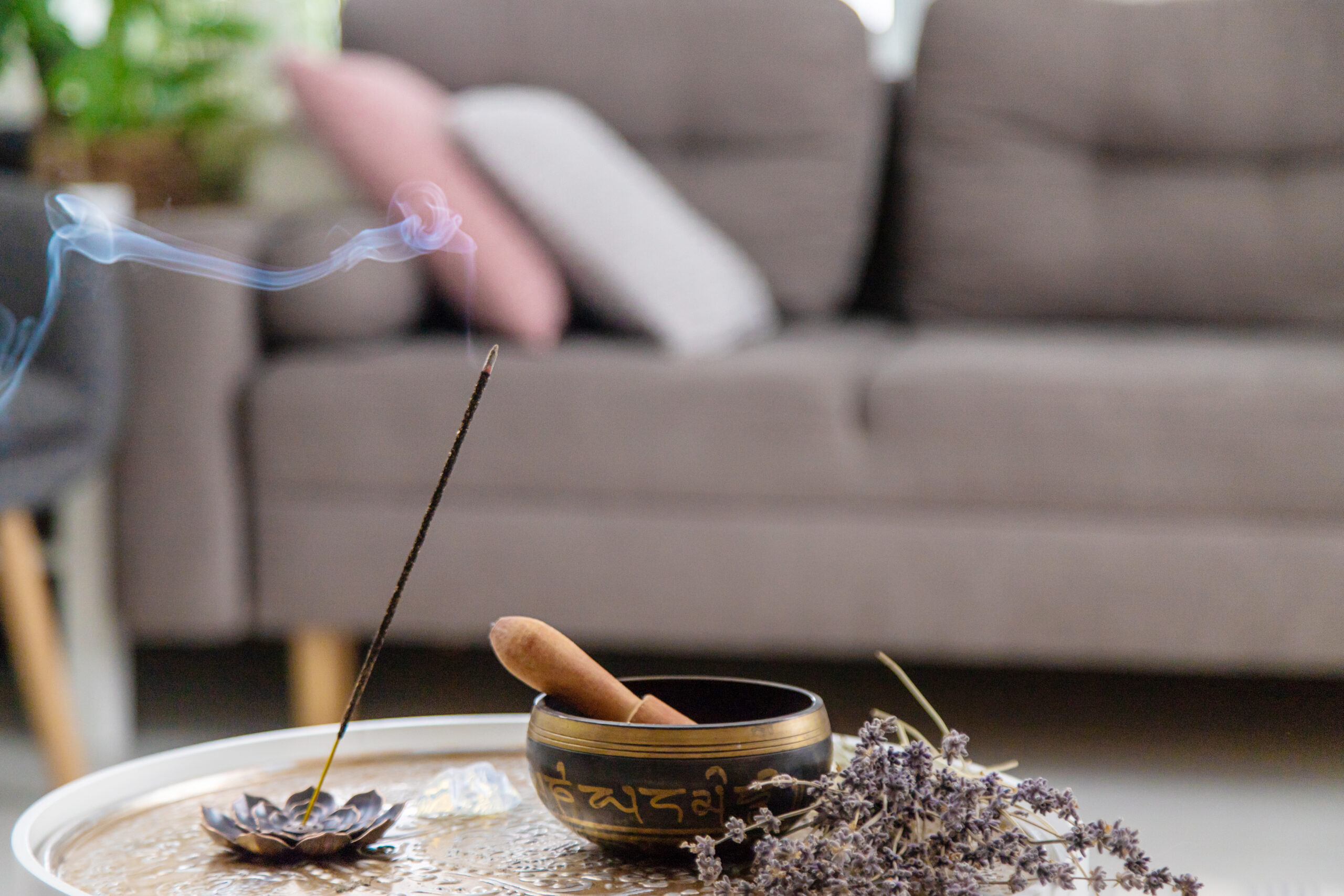In many Indian homes, incense sticks, scented air fresheners, and sizzling tadka are part of everyday life. These traditions are deeply rooted in our culture—but recent studies suggest they may silently harm our lungs, especially for non-smokers.
If you thought lung damage was only linked to cigarette smoking, think again. Experts now warn that indoor air pollution from incense sticks, deep-frying, cooking fumes, and synthetic air sprays can increase your risk of lung disease and even lung cancer.
Let’s break down what the studies reveal and how you can protect your health.
🔬 What Does the Research Say?
A 2022 study published in the International Journal of Environmental Research and Public Health analyzed lung fluid samples from both lung cancer patients and healthy people. The findings were alarming.
- Non-smoking women exposed regularly to cooking fumes had over five times higher risk of developing lung adenocarcinoma.
- The risk shot up to six times higher for those exposed to incense smoke.
The main harmful chemicals found in these fumes include
- Naphthalene
- Ethylbenzene
- o-Xylene
These are toxic pollutants that build up in the lungs over time, causing damage and inflammation.
🧪 Incense Smoke vs Cigarette Smoke
According to a review study in Frontiers in Public Health (2021), burning incense produces more particulate matter per gram than cigarettes. That’s right—your daily puja incense might be doing more harm than you think.
These tiny particles carry dangerous chemicals that affect both your lungs and heart.
🥘 Is Your Kitchen a Danger Zone?
A senior consultant in radiation oncology explains that Indian cooking methods, especially deep-frying and tadka, release harmful fumes. When done in closed kitchens without chimneys or windows, these fumes don’t escape. They stay trapped—and you end up breathing them in.
🌸 Air Fresheners—A Hidden Threat
Those sweet-smelling air sprays we often use to mask cooking smells? They might not be as “fresh” as they seem.
Modern air fresheners release chemicals like:
- Formaldehyde
- Phthalates
Both are known to irritate the respiratory tract and have been linked to long-term health issues.
🚼 Who is at Risk?
Everyone, really—but some groups are especially vulnerable:
- Young children
- Elderly family members
- Pets
🧠 CT Scans Reveal the Truth
The CEO of City X-Ray & Scan Clinic shares that many non-smokers show early signs of lung stress during their scans. When asked, these patients often report years of incense burning and poor kitchen ventilation.
Simple Lifestyle Changes for Safer Homes
Here’s how you can reduce indoor air pollution and protect your family’s lungs:
- Use a chimney or exhaust fan in the kitchen
- Limit the use of incense sticks and burn them only in well-ventilated areas
- Reduce deep-frying and high-heat cooking
- Keep windows open to allow fresh air circulation
- Avoid chemical air fresheners—opt for natural alternatives like lemon or essential oil diffusers
👨⚕️ Health Meets Awareness
As Indian homes continue to balance tradition with modern science, awareness becomes a powerful tool. The evidence may be global, but the lifestyle risks apply strongly to Indian families.
At The Doctorpreneur Academy, we encourage doctors and healthcare professionals to educate patients about daily health risks—including those hidden in cultural habits.
Let’s start conversations not just about medicine, but about prevention, environmental safety, and lifestyle modifications.
📢 Final Thoughts & Call to Action
Indoor air pollution from incense sticks, tadka, and air fresheners may seem harmless—but research proves otherwise. It’s time to act smartly.
🚨 Doctors and healthcare professionals—start spreading awareness among your patients.
🏠 Families — Make small changes today to prevent big health problems tomorrow.
🌐 Visit The Doctorpreneur Academy to explore more resources on preventive healthcare, digital transformation in medicine, and patient education strategies.
👉 To register for our next masterclass, please click here: https://linktr.ee/docpreneur



